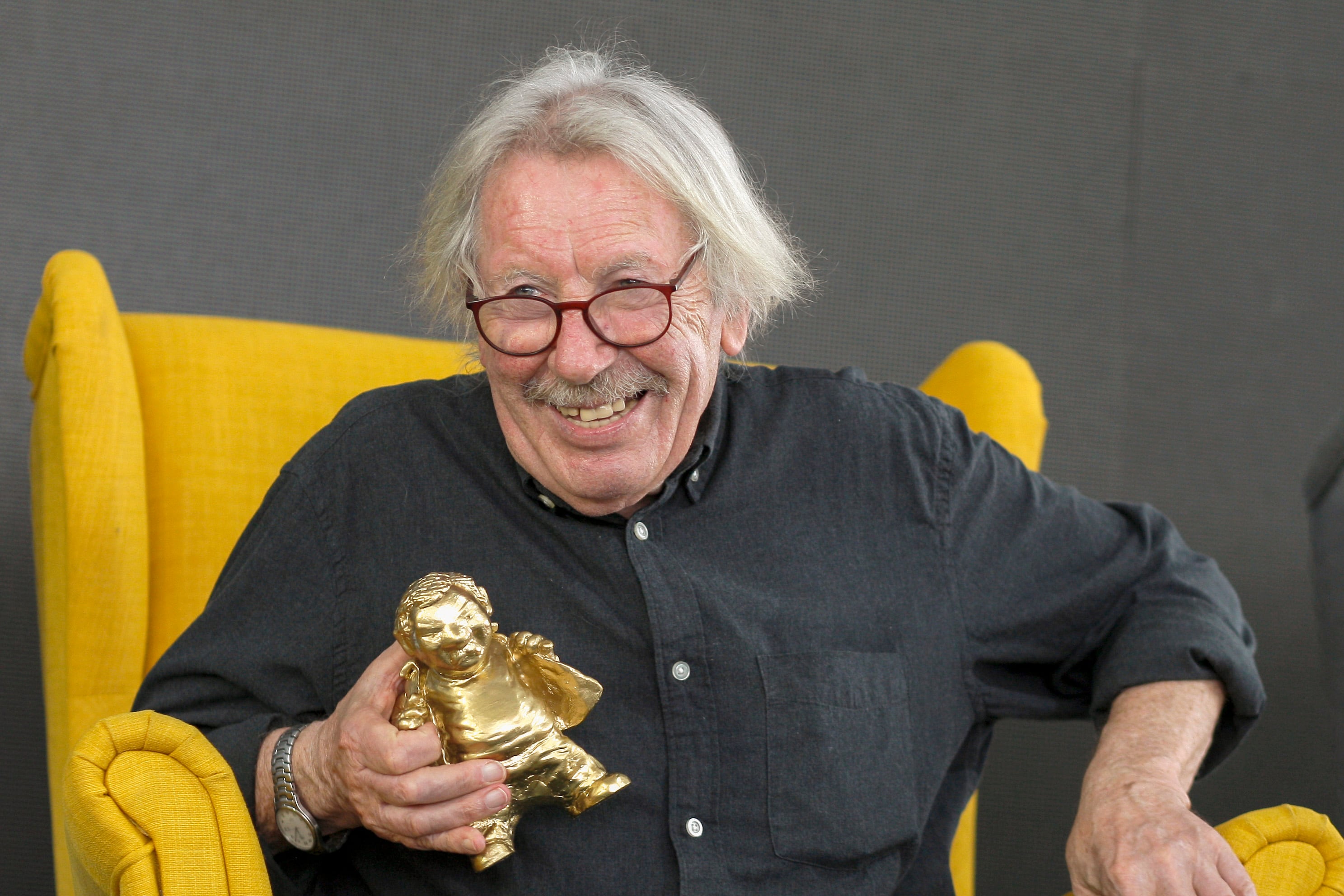Early last Thursday, in her carmen in Motril, Granada, María de Calonje found the inanimate body of her life partner, Mariano Antolín Rato, 83, on the bedroom floor. He died suddenly of a sudden heart attack.
Mariano had a new novel in his hands, we spoke frequently on the phone and when he came to Madrid, generally to resolve editorial matters, we used to have lunch at the temple of jazz, Café Central, a place he liked, despite his predilection for rock and roll On some occasion he stayed the night at my house, without disturbing me, going about his life.
Our friendship began more than 20 years ago, when I was preparing the biography of Eduardo Haro Ibars, The steps of the fallen. He was the first reader of the original: “It turned out very well,” he said. Eduardo and Mariano were once inseparable; I dare say they were the first beatniks Spaniards, the first undergroundalthough if he were alive he would cross out this last sentence. We had a friend in common, Juan Cueto, and we were neighbors in the pages of The Northern Notebooks. Together with his beloved Antonio Escohotado -witness of his wedding with María in Los Jerónimos back in 1967; both in imposing morning coats—Mariano knew a lot about psychedelic substances (he liked the term psychedelic better), he tried them all with great intelligence and knew how to get off the horse in time, since his paternal and work obligations at the Júcar publishing house, where he worked with his admired José Manuel Caballero Bonald, they did not allow him certain ravings, like those that ended with his always close Eduardo at the early age of forty.
Mariano Antolín (Gijón, 1943), greatly influenced by Nova Expressby William Burroughs, published his first and difficult novel in 1973, When 900 thousand mach approx. They followed him Two vulgar Zyklon B demonstrators y Between spaces: WHAAM!. They are much more readable The only calm (1999), Mirror leak, Don’t talk anymore, old wolf or the last one, The supreme luck (2022). In addition to collaborating in various publications, such as the legendary Papers of His Armadansthanks to his good friend Fernando González Corugedo – secretary of Camilo José Cela -, where he used the pseudonym Martín Lendínez, Mariano was a translator, among others, of Kerouac, Fitzgerald, Lowry, Carver, Faulkner, Easton Ellis, Burroughs, whom he visited at his London home and which he liked to tell. In 2014 he won the National Translation Award.
Antolin was a reader with an exquisite palate, very demanding in literature, with very young followers. Of course, he couldn’t stand faint-hearted people or imbeciles, both in literature and in life in general. Still last week he told me on the phone about his encounter with a prominent columnist, who, trying to show off his modernity, claimed to have snorted tap and had had an episode of hallucination. “But what are you telling me?” Mariano blurted out.
In Motril, in the Cortijo María (Las Zorreras), where they moved from Pozuelo de Alarcón in 1999, Mariano enjoyed the garden that his wife created with the help of a flower grower; a garden in three terraces, where each one has its own style: Andalusian, Japanese and English. Every morning, very early in the morning, when the sun had not yet woken up, Mariano practiced Zen, which exalted his life. At first he had a teacher, but in recent years he practiced alone. I remember we discussed a movie that he liked a lot, Guaranteed wisdom (1999), by Doris Dörrie, in which two men decide to seclude themselves in a Buddhist monastery in search of peace and eliminate their emotions to find themselves. A tea drinker, former smoker and occasional joint consumer, Mariano used to write with classical music in the background, without ceasing to remain faithful to his always admired Bob Dylan until the end, a weakness. Generous like few others, every novel he published was sent to me with a loving dedication.
I only have one consolation left. According to his daughter Úrsula, Mariano died in the best possible way, without suffering, suddenly. He deserved no less.

